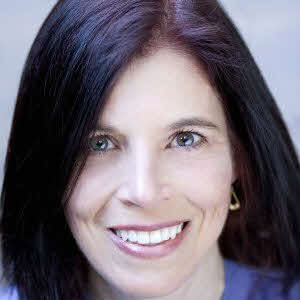Episode 334: PMP® PDU Program Updates are Coming On December 1st 2015 (Free)

Do you have a PMI® certification like PMP®, PgMP®, PfMP®, PMI-ACP®, PMI-RMP®, PMI-SP® or PMI-PBA®?
If yes, then this interview is extremely important to you because the rules on earning PDUs are changing on December 1st, 2015.
In a nutshell: PMI is introducing the Talent Triangle, which has Technical Project Management, Leadership, as well as Strategic and Business Management on its three sides. Going forward you must earn 60 PDUs every three years including PDUs in each of these three areas.
This interview with Victor Carter-Bey (Director Certifications, PMI) was recorded at the 2015 Global Congress in Orlando Florida. We review the Talent Triangle, the details of what exactly changes with the PDUs including the PMP PDU categories, the timeline of implementation and how to report them going forward.
Please visit the PMI website for all the details on these changes...
Podcast Episodes About PDUs, PM Career Development, PDUs: Not Applicable, Podcast Episodes About CCRS, PMI Global Congress, PMI Global Congress NA 2015




















